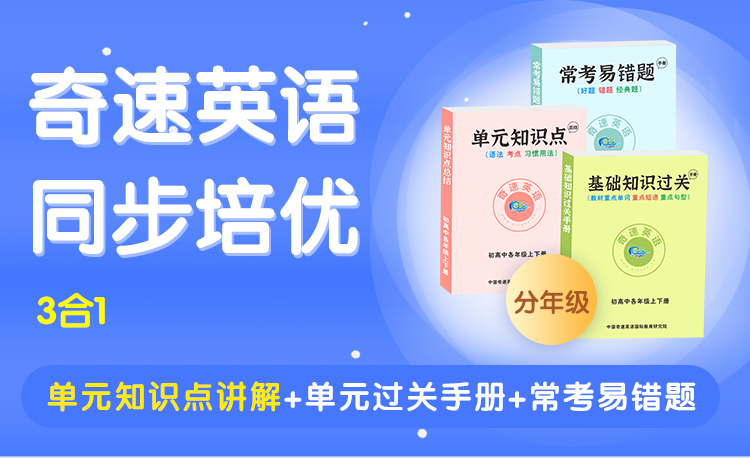
① Team-building exercises have become popular for managers trying to increase organisational and team harmony and productivity. Unfortunately many employees resent compulsory bonding and often regard these exercises as a nuisance.
② A paper published this week by University of Sydney researchers in Social Networks has reported participants’ feelings about team-building interventions (干预), revealing ethical implications in forcing employees to take part.
③ “Many people see team-building activities as a waste of time, so we decided to look in more depth at what’s behind this,” said the paper’s lead researcher, Dr Peter Matous.
④ “Teams are formed, combined and restructured. Staff are relocated and office spaces redesigned. All this is done with the aim of improving workplace efficiency, collaboration and cohesion. But does any of this work?” said Dr Matous.
⑤ The study found that team-building exercises which focused on the sharing of and intervening into personal attitudes and relationships between team members were considered too heavy-handed and intrusive, although the researchers say some degree of openness and vulnerability is often necessary to make deep, effective connections with colleagues.
⑥ “Some participants were against team-building exercises because they were implicitly compulsory. They didn’t welcome management’s interest in their lives beyond their direct work performance,” said Matous. “Many people don’t want to be forced into having fun or making friends, especially not on top of their busy jobs. They feel management is being too nosy or trying to control their lives too much.”
⑦ In this study the researchers recommended a self-disclosure (表露) approach where participants were guided through a series of questions that allowed them to increasingly disclose personal information and values. The method is well-tested and has been shown to increase interpersonal closeness. However, to be successful it must be voluntary.
⑧ The researchers said there are numerous schools of thought that propose differing psychological methods for strengthening relationships. “With caution, many relational methods to improve teams and organisations can be borrowed from other fields. The question is how to apply them effectively to strengthen an entire collective, which is more than just the sum of individual relationships,” said Dr Matous.





 更多优质学习内容
更多优质学习内容



